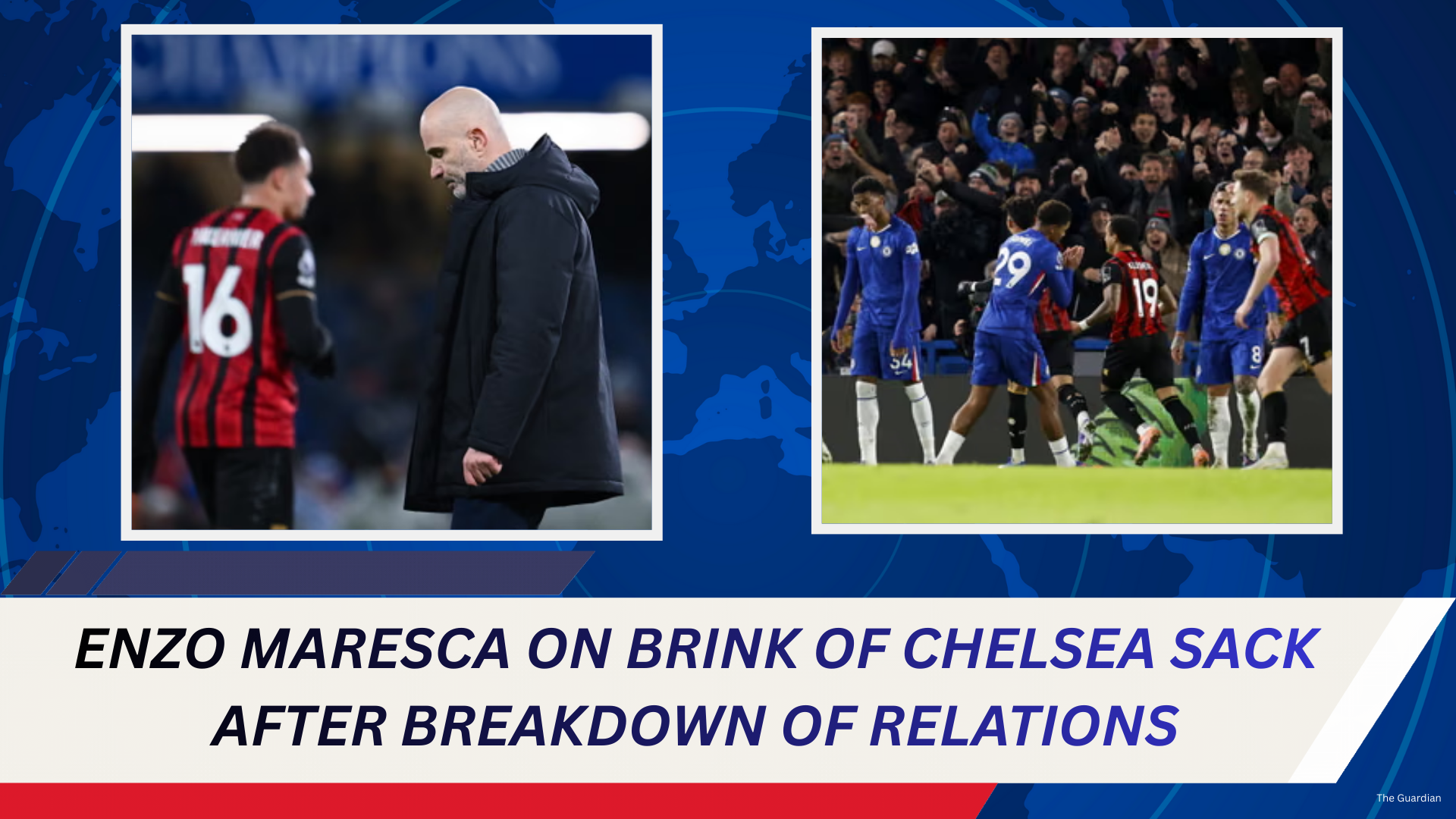The National League Championship Series between the Los Angeles Dodgers and the Milwaukee Brewers might seem like just another postseason matchup, but its implications could stretch far beyond the diamond. While fans and bettors debate which team will advance to the World Series, the series may serve as a microcosm of the larger financial and labor tensions brewing across Major League Baseball.
At stake is more than a pennant. For the Brewers, a win would be a symbolic triumph against the Dodgers’ overwhelming financial advantage. And for MLB, the results could influence narratives about competitive balance—a hot-button issue as the league hurtles toward the expected 2026 lockout, already dubbed a potential “nuclear winter” by commissioner Rob Manfred.
Dollars vs. Determination
The contrast between these franchises is stark. The Dodgers’ payroll approaches $320 million, or $417 million for luxury tax purposes, while the Brewers operate with roughly $130 million. Yet despite the financial disparity, both teams have consistently maximized their playoff appearances. Since 2018, Milwaukee has reached the postseason seven of eight years, outperforming six of the eight bigger-market, luxury-tax-paying teams.
The Dodgers, meanwhile, have made 13 consecutive playoff appearances, claimed 12 division titles, and won two World Series in recent years. With Shohei Ohtani and Mookie Betts leading the charge, they aim to become the first team in 25 years to repeat as World Series champions. Their financial firepower, however, has sparked long-standing debates about whether money dictates outcomes in baseball.
Labor Tensions Loom
The significance of this NLCS extends beyond the field. MLB is rapidly approaching December 1, 2026, when a work stoppage or lockout is widely expected. Central to the dispute is owner-driven cost control, potentially in the form of a salary cap or other financial restrictions. How fans, players, and smaller-market owners interpret playoff outcomes—especially an upset by a low-payroll team like the Brewers—could shape public opinion and bargaining leverage in the labor fight.
If the Dodgers dominate and complete a repeat championship, it could reinforce the narrative of runaway spending by mega-market clubs, giving owners ammunition to argue that competitive inequities justify tighter financial controls. Conversely, a Brewers upset would fuel the players’ union argument that skill, strategy, and team culture can overcome economic disadvantages, bolstering the union’s stance in labor negotiations.
Context Matters
In recent years, baseball has seen a widening divide between small-market teams and giant-market franchises with vertically integrated media operations. A handful of teams operate regional sports networks, generating huge revenue streams, while others rely on league oversight to manage broadcast income. The perception of unfairness is palpable among both fans and players, contributing to the narrative that payroll matters—but doesn’t guarantee results.
The Brewers, hailing from the 38th-largest media market, have consistently punched above their weight. Despite modest budgets, their roster construction and development strategies have enabled consistent postseason appearances, making them one of MLB’s most efficient teams relative to payroll. Milwaukee’s success is a sharp contrast to higher-spending teams like the Mets, Yankees, and Phillies, who have struggled to translate financial investment into championships.
The Dodgers’ Advantage
The Dodgers are the epitome of organizational alignment. From ownership to the front office to the dugout, their system functions at peak efficiency. They’ve spent strategically, signing players like Ohtani to deferred contracts worth hundreds of millions, leveraging sponsorships with Japanese corporations and other partnerships to maximize return on investment. Their consistency, depth, and financial flexibility make them the standard-bearer for a well-resourced franchise.
Potential Narratives from the NLCS
The NLCS could shape talking points for both the offseason and labor negotiations:
- Dodgers dominate, repeat as champions: Highlights the impact of financial muscle, potentially giving owners leverage in discussions on competitive balance and salary constraints.
- Brewers upset the Dodgers: Reinforces the narrative that money isn’t everything, giving the union talking points to oppose extreme financial restrictions and salary caps.
These narratives will resonate throughout the fan base, media, and executive offices, particularly during the upcoming labor showdown. Each team’s performance in the NLCS could be cited repeatedly as proof of either systemic inequity or meritocratic success.
What This Means for Baseball’s Future
No single series determines the outcome of labor negotiations, but the optics matter. Smaller-market owners may point to Dodgers dominance as evidence that unrestricted spending drives championships, while the union may use a potential Brewers victory as proof that competence, coaching, and culture can overcome payroll deficits. The NLCS thus becomes a symbolic battleground long before the first collective bargaining meeting.
The winter offseason will also see teams making free-agent and trade moves, influenced by recency bias. A Dodgers victory could mask weaknesses and justify lavish spending, while a Brewers triumph may embolden smaller-market teams to invest strategically rather than compete financially.
Either way, the Brewers-Dodgers matchup is more than a playoff series. It’s a preview of the posturing, debates, and narratives that will dominate MLB’s coming labor war—a narrative where a single win or loss could echo in negotiations for years to come.
%20(4).png)



.png)
.png)

.png)
.png)
